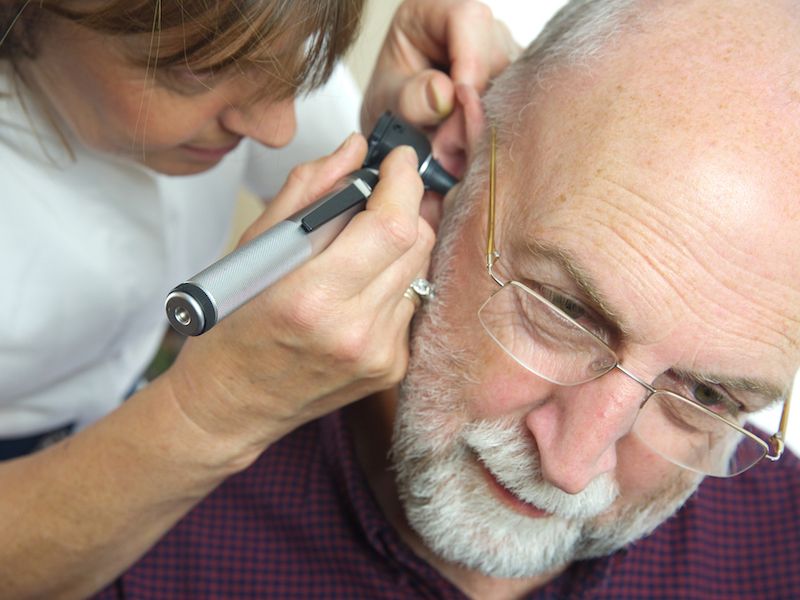
You still visit the eye doctor every year if you own glasses, right? Due to the fact that, in time, your eyes can change. The fact is, nothing in your body is static, your eyes aren’t and, the reality is, your ears aren’t either. That’s the reason why, just as it is with your eyes, it’s essential to keep getting your ears checked even after you’ve invested in a pair of hearing aids.
Unfortunately, many people miss those regular checkups. It’s easy to overlook going in to consult with your hearing specialist because you’ve been busy enjoying your life. Or perhaps lately, work has been difficult. You may even be so happy with your hearing aids that you just didn’t think you need to make another appointment. That seems like it should be a good thing, right?
In the long run, for people suffering from hearing loss, it is even more essential to have even one follow-up appointment. However, a great number of people neglect regular care. According to one survey, only 33% of seniors with hearing aids also used regular hearing services.
Once You Get Hearing Aids, is it Actually Necessary to go Back For Checkups?
Your hearing is not static. It changes over time. When these changes occur, you need to modify your hearing aids to compensate. Issues can be recognized early and your hearing aids can be modified accordingly.
It might be a good idea to get normal checkups for other reasons too. Some of the most prevalent reasons to make sure you make it to your next checkup include:
- Hearing degeneration: Even with a hearing aid, your hearing may continue to deteriorate. If this deterioration is happening over a long period of time, you likely won’t know it’s taking place without the assistance of a hearing screening. Appropriate alterations to your hearing aids can often slow hearing declines.
- Calibrating Hearing Aids: While your general hearing health could continue to be stable, small changes in your hearing might produce the need for annual calibration of your hearing aid. Your hearing aids might progressively become less effective if you neglect this type of calibration.
It’s crucial to get your hearing aids cleaned professionally from time to time in addition to monitoring changes in your hearing. We can help make sure your hearing aid is operating the way it should, clean all the little components and keep it in optimum condition.
If You Don’t Follow up With Routine Check Ups There is a Consequence
If you get frustrated with your hearing aids, say because they aren’t working the way you expected them to, you may simply discontinue wearing them and that would be a problem. Hearing aids make your all-around health better and also, of course, makes your hearing stronger. If you stop wearing your hearing aids, not only can your hearing decline faster, you might not notice it right away. Untreated loss of hearing has been associated with many health concerns like mental decline and a greater danger of accidents.
In terms of having your hearing aids operating at an optimal level, regular examinations are your best bet. In order to make sure your hearing aids are working as they should be you should have yearly hearing assessments. So call now to schedule an appointment.
